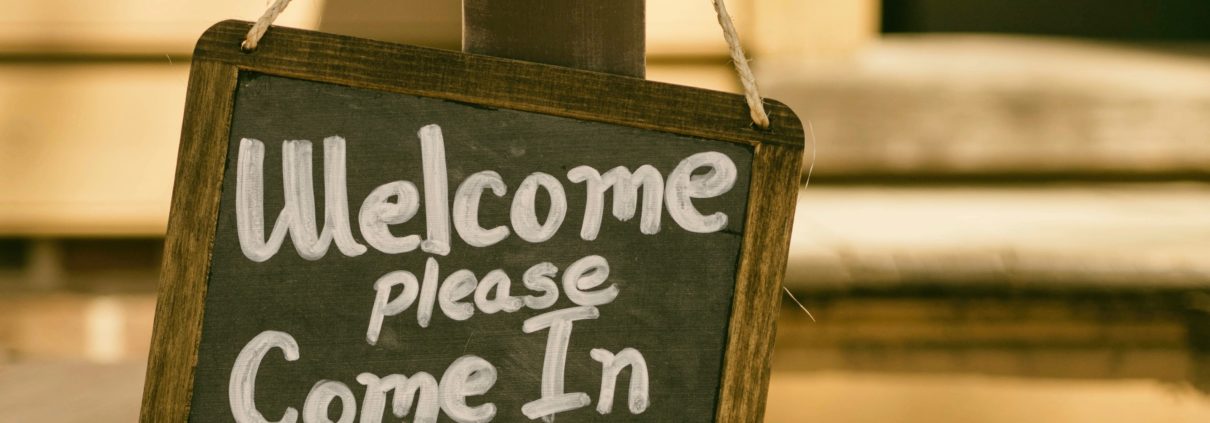Assume Best Intentions
A young woman is waiting in a busy airport. She has some time to kill so she buys a little bag of cookies and sits down with her book to read. Pretty soon a young man comes and sits beside her and starts reading a magazine. They keep to themselves and after a couple minutes he reaches into the bag between them and takes a cookie.
She can’t believe it. But she’s too astonished to say anything. So she takes a cookie and keeps reading her book. Time goes by and she keeps reading and eating her cookies. But every couple minutes this strange guy keep reaching in the bag and taking a cookie until there’s only one left. Then he takes the last cookie, breaks it in two and offers her half. She can’t believe his guy! She stands up, and without a word to him, walks away and boards her flight.
Sitting in her seat on the plane she takes a deep breath to calm down. Then she reaches into her purse to get her book and finds the bag of cookies she bought earlier.
The moral of course is to be careful with our assumptions. Or better, always assume the best intentions of others.
Whatever anybody says or does, assume positive intent. You will be amazed at how your whole approach to a person or problem becomes very different.
– Indra Nooyi, Chairman and CEO of Pepsi
To sharpen your ability to assume the best intentions of others, try these few things each day:
- Practice mindful listening: Waiting to talk isn’t listening. You’ve had these conversations. You say something and instead of acknowledgement or affirmation you get back a completely different agenda because the other person was simply waiting for their turn to talk. Listen, then reiterate back in your own words. It will deepen the conversation, and the relationship. The other person is likely to say, “Yes, exactly!”
- Focus on behaviors, not people: Instead of describing a person as (abrasive, fun, mean, weird, interesting…), describe their behavior. People are complex, and the days are filled with stresses and joys. To yourself and to others, describe the behavior of others, instead of belittling them with stereotypes. Moods change.
- Honor differences and disagreements: We often having meaningless small talk conversations because they are easy. We all show up in the world with our own history, predispositions, and beliefs. And we know if we express those ideas we might create conflict and disagreement. It’s OK. There’s a difference between disagreeing and offending. When we set our defaults to listen and understand, we are more likely to honor and learn from the differences between us.
Sounds simple enough, but there is often a big gap between what we know to be the best thing to do, and actually doing it. Remember to assume the best in others. It can make a world of difference.
Change starts one small act at a time. Try our course Small Acts of Leadership to build action into your life every single day.
- ____________________________________________________

Last summer, my son and I bicycled across America with two other dads and their teenagers. We published a new book about it called Chasing Dawn. I co-authored the book with my cycling companion, the artist, photographer, and wonderful human jon holloway. Buy a copy. I’ll sign it and send it to your doorstep.



